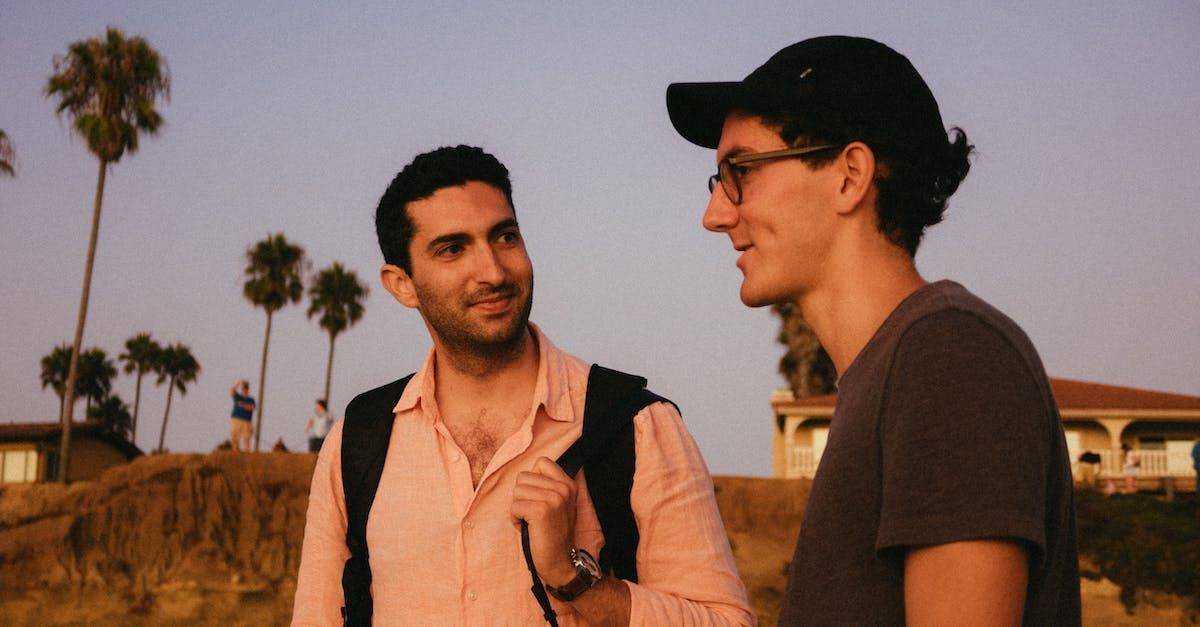Interview with Dr. Gopal Singh
Last July, I went to India for the first time with Jas (a.k.a. my boyfriend, a.k.a. my co-creator here at Mildly Curious). I didn’t exactly have the typical first-time-visiting-India experience that most Americans go in search of. No Taj Mahal, no slums, no ashrams. Rather, I got the meet-the-family-look-through-photo-albums-eat-homecooked-food-go-to-the-mall-run-errands experience. Which is to say, the most authentic experience possible. And I loved every second of it.
Despite working on a book of interviews, I didn’t initially think about interviewing anyone on this trip. Truth be told, it was my first time meeting Jas’s parents, and I was a bit nervous about the whole thing. I would be arriving in Delhi alone in the middle of the night, sleeping for a few hours, and then flying to their state of Punjab the following morning. Making a good impression took priority over facilitating my creative expression, and jet lag and 120 degree heat were not working in my favor.
But all’s well that ends well, and my anxiety dissipated within moments of meeting Jas’s extremely warm and welcoming family. Furthermore, my good fortune (and Jas’s good genes) ensured that I wouldn’t be leaving India without a memorable interview.
Professor Gopal Singh, Jas’s father, turned 80 during our July visit. Which was lucky for me because—as it happens—Indian birthday parties are a gastronome’s delight. At least this one was. I knew a lot about Dr. Singh before we arrived in India, as Jas frequently talks about how special his father is. Yes, he’s an academic and an intellectual, but according to Jas, he never really “fit the mold.”
Jas says his father was never worried about appearances and always encouraged his children to do what they loved, not what they were “expected to do.” Dr. Singh and Jas’s mother (Rajinder Kaur) were from different regions and married for love, which was extraordinarily uncommon at the time. He was also the first in his entire village to get an education, let alone a doctorate.
In Pursuit of Truth, Knowledge, and Kindness
A true intellectual, Dr. Gopal Singh has always eschewed traditional academic hierarchies and conventions in favor of pursuing knowledge and truth wherever they may lead. In India, where conformity and obedience were valued above all else when he was teaching in the 80s and 90s, Dr. Singh stood out from the crowd as a beacon of authenticity, kindness, and genuine intellectual curiosity. He was not one to mince words or hold back his opinions, even when they were challenging or unpopular. His refusal to remain silent in the face of societal injustice and violence made him a powerful force for change in his community, earning him the respect and admiration of not only his students but anyone who has the privilege of knowing him.
Before retiring, Dr. Singh was the Head of the Department of Political Science at Himachal Pradesh University in Shimla, Northern India. His research and teaching were focused on the politics of violence in different parts of India, particularly in Punjab. He wrote seven books, among them “Politics of Sikh Homeland," and "Punjab Today," (1987) which remains popular with students and researchers today.
A Teacher of Presidential Proportion
Gopal Singh was a true favorite among his students, many of whom have risen to prominence in their own right. In fact, one of his students went on to become the first president of Afghanistan. When Hamid Karzai invited Dr. Singh to lunch on his visit to India in 2002, the professor was initially reluctant to go. Fortunately, his family and friends all but pushed him out the door. Without their insistence, Dr. Singh says he would have missed “the best moment of his teaching life.”
“What more can a teacher expect at the end of his 30-35 year career than seeing his student become head of a nation?”
At their 20-year reunion, Karzai kissed Dr. Singh’s hand and said “Zahe naseeb,” (I am blessed, in Persian). During lunch, the Prime Minister reminisced about his days in Shimla, saying that his teachers and experiences there have remained a source of inspiration in his life.
In response to his meeting with Karzai 20 years after being his teacher, Gopal said it was “like touching the sky.”
Since retiring in 2003, after 40 years of teaching, Gopal has become nearly deaf and almost entirely blind. It is easy to dismiss people who are hard of hearing as too difficult to communicate with, which would have been extremely unfortunate in my case. Had I not asked to formally interview Gopal, I would have missed out on the opportunity to get to know this lovely man. With the help of Jas and his mom, who translated my interview questions into his better ear, Gopal shared what he thinks “makes a good life.”
While his hearing and vision problems certainly present some challenges, Dr. Gopal Singh remains an engaging and deeply inspiring teacher, husband, and father, whose story is a testament to the power of authenticity, courage, and love.
The Interview
Do you think you have a good life? Why or why not?
A good life is quite important, and should be everybody’s right. If you don’t have a good life, you don’t have life as such. It is our natural right, and if you think otherwise, I say you are mistaken.
I believe that I have a good life because I accepted the difficulties that came my way, and I was successful in solving those difficulties, at least to my satisfaction.
A good life requires having a good family and a good career. If either of these things are missing, it is difficult to have a good life. It’s really hell. Work doesn’t have to be meaningful, but it should be honest.
I’d say, the one most important ingredient to a good life is a good wife. If you have a good wife, you will be happy. (Laughs)
What role does your situation at birth play in a good life?
When I was born, my family had no money, so it was a difficult situation. For most people who are born into poverty, they don’t see many things in this life. Without enough money, most people don’t get an education.
I was only able to go to school because one of my uncles happened to be a teacher at a small school in another village. Only one boy from my village could go and I was chosen because of my hard work. At that point, no one had realized that my eyes were weak, thankfully.
I did eventually tell my uncle that I was struggling to see the chalkboard. He took me to the local shopkeeper, who prescribed some rural medicine. “Just mix some ghee with a bit of gur (refined sugar) and put it in the moonlight for a full night. Eat this every day for one month, and your eyesight will be OK.”
I didn’t have the courage to say no. My family made the ghee every night, but I never ate it. (I’ve always hated the taste of ghee).
Finally, in college, a friend had a connection in the city. He took me for an eye exam. The optometrist sent one pair of eyeglasses. Although they helped me see, they were made for a very old person. My classmates laughed at me and told me I looked like an old woman.
What role does religion play in a good life?
I believe that in the name of religion, there has been more harm than good. I think religion can actually harm a good life. At least here in India, many people believe in karma. Those born into difficult lives often think they are being punished because of something they did in a past life. This causes them to not want to make a better life for themselves. In this way, many religious leaders control people, preventing them from having a good life. The same can be said of Christianity, Islam, the many sects of Hinduism, and other religions.
What role does money play in a good life?
In my village, where I came from, money is everything. Everybody is after money because they don’t have it. When you don’t have it, it makes you unhappy. But too much is also not good. You must be honest. If you are honest, you really shouldn’t have excess money.
Take care of your children, cover your basic needs…this is all the money you need. My wife and I are fortunate to receive a pension in our retirement. We both worked so hard when we were young. Now we can relax and enjoy, and we don’t have to worry. Not many people in India have the opportunity to get a pension. We are extremely lucky.
I believe that a peaceful family life, peace of mind, good food, and enough money (but not too much) are the key ingredients to a good life.
A few closing thoughts from Amy…
Personally, I believe we often make life more complicated than it needs to be. Hardships and life’s greatest challenges aside, our day-to-day lives are really quite simple. We wake up, eat, work or study, do chores, spend time with family, play, wash, sleep, repeat. These mundane moments are life itself. For most of us — as long as our basic needs our met — it is our perception of these moments that determines the quality of our lives.
In this modern world, it is increasingly difficult to appreciate what we have because we can always take it one step further. We can always have more. We can always be better, richer, smarter, thinner, more successful. But knowing that we can have it all can have the unfortunate effect of making us feel like we have nothing.
I’ve interviewed many people about countless different aspects of life, and my favorites come from those with no desire to impress. Those who speak purely from the heart, without agenda. Those who cherish the beautiful simplicity of life. Dr. Gopal Singh is such a person.
Rendered almost entirely blind, when one of his greatest loves was reading. An intellectual with a passion for teaching and discussing complex social issues, whose impaired hearing has made it difficult to communicate. No one would blame Gopal for feeling frustrated — even angry — at being dealt such a hand. Yet, meeting him, there is an immediate sense that you are meeting a person filled with joy and contentment, and an overall lightness of being. Always smiling and laughing, enjoying his wife’s delicious cooking, making jokes. Gopal is a man who knows how lucky he is. And from my humble perspective, that is the number one ingredient in a good life.
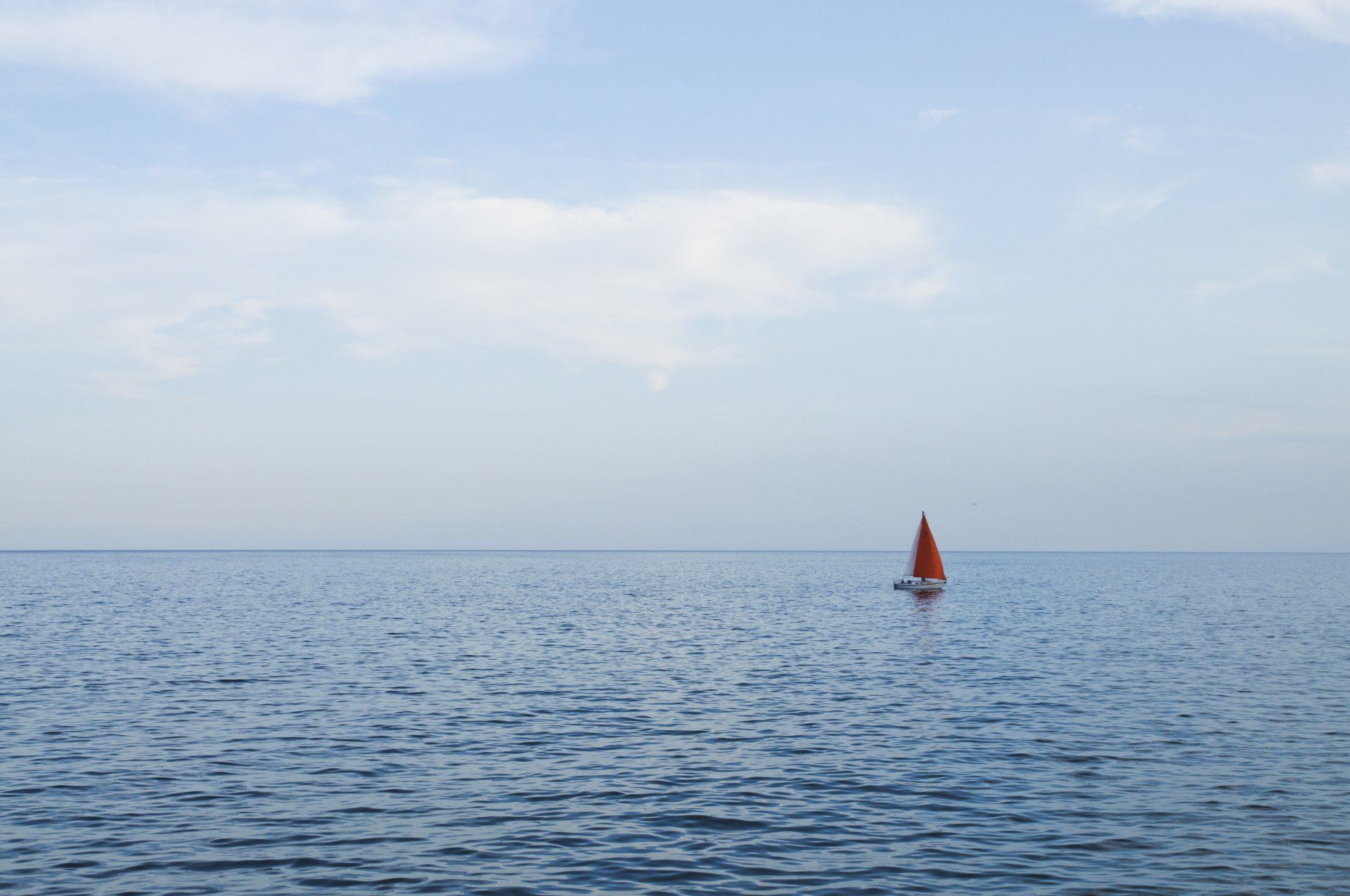
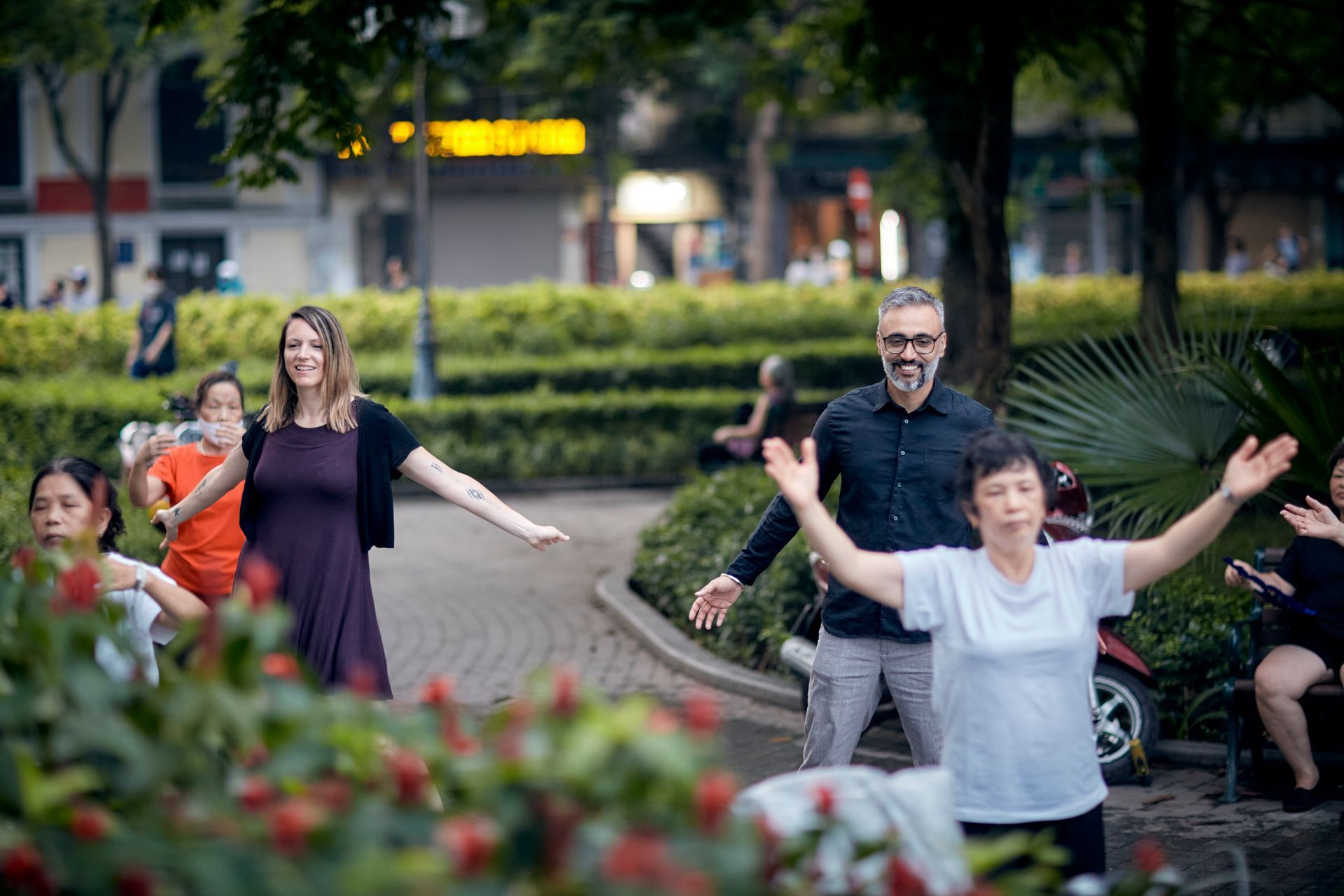
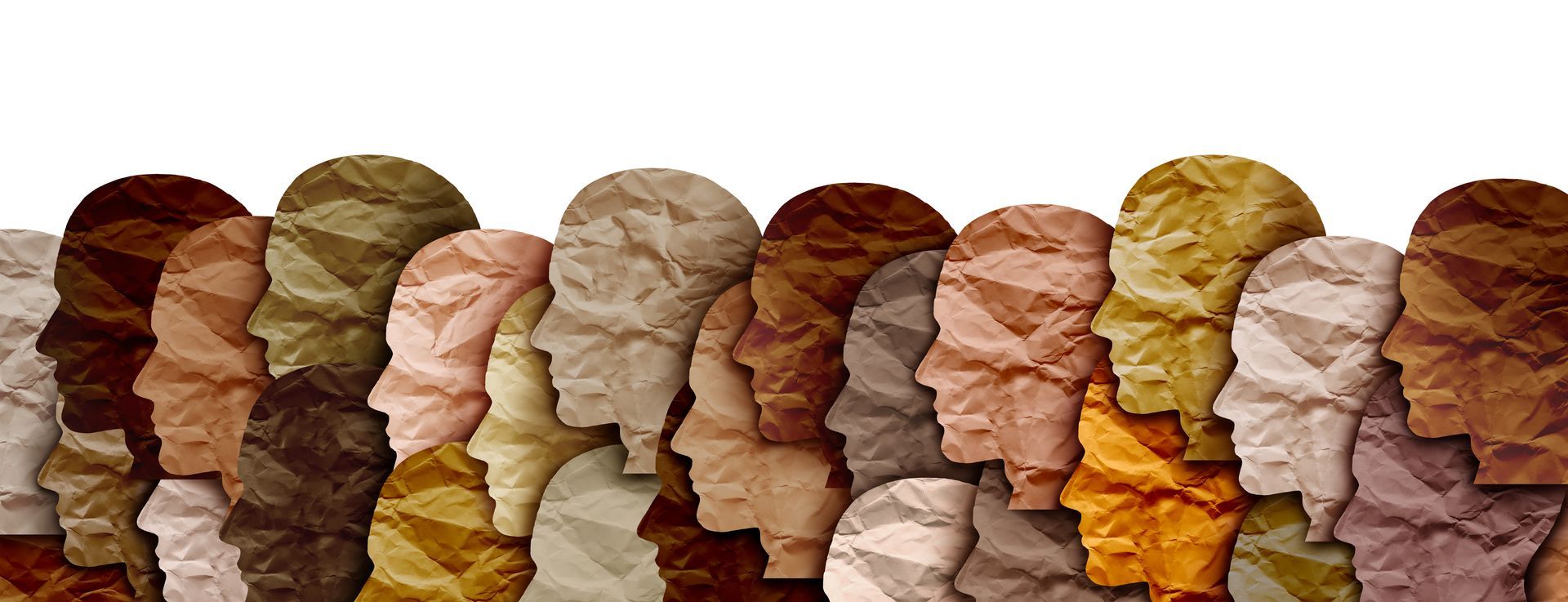
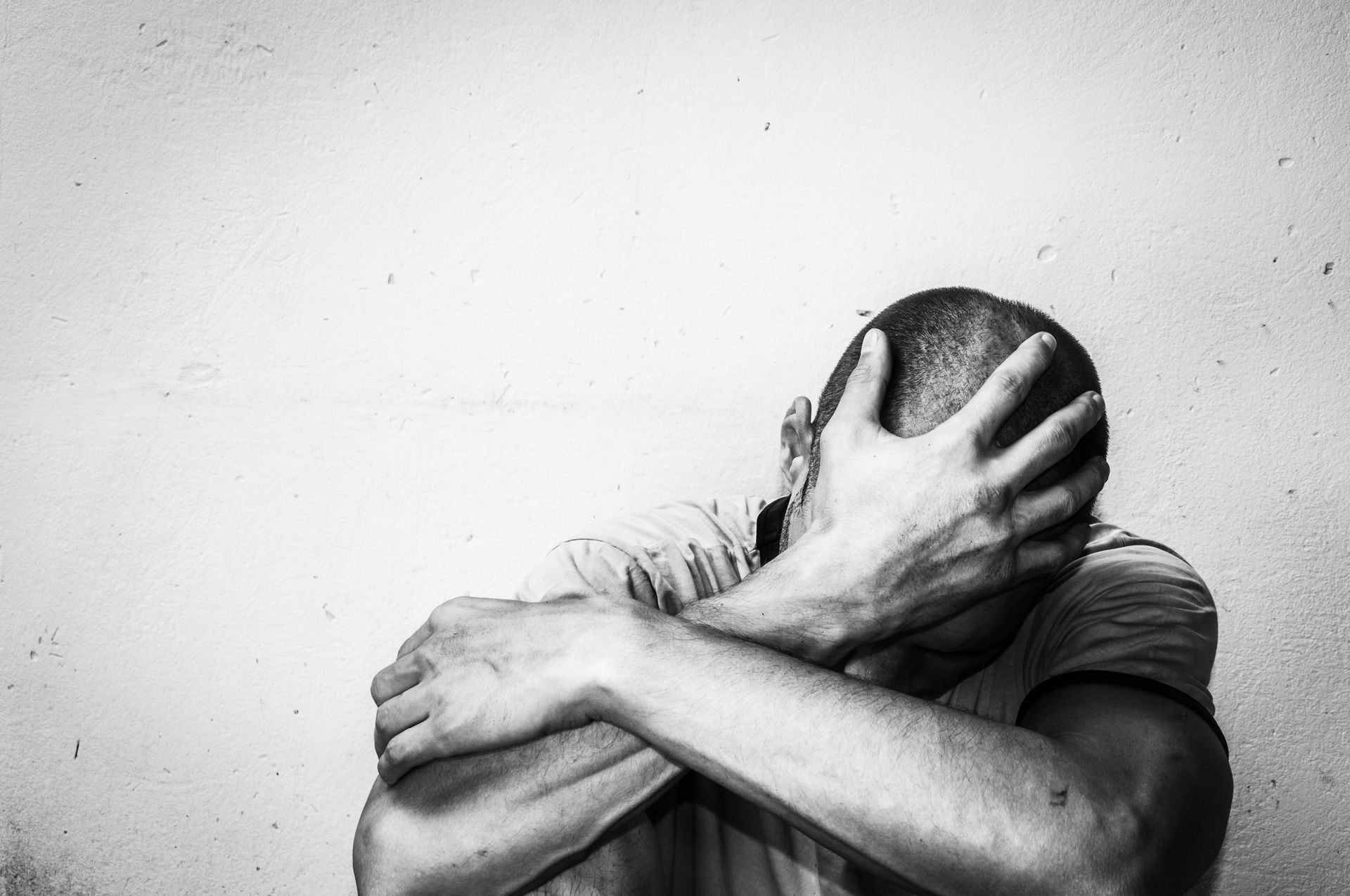
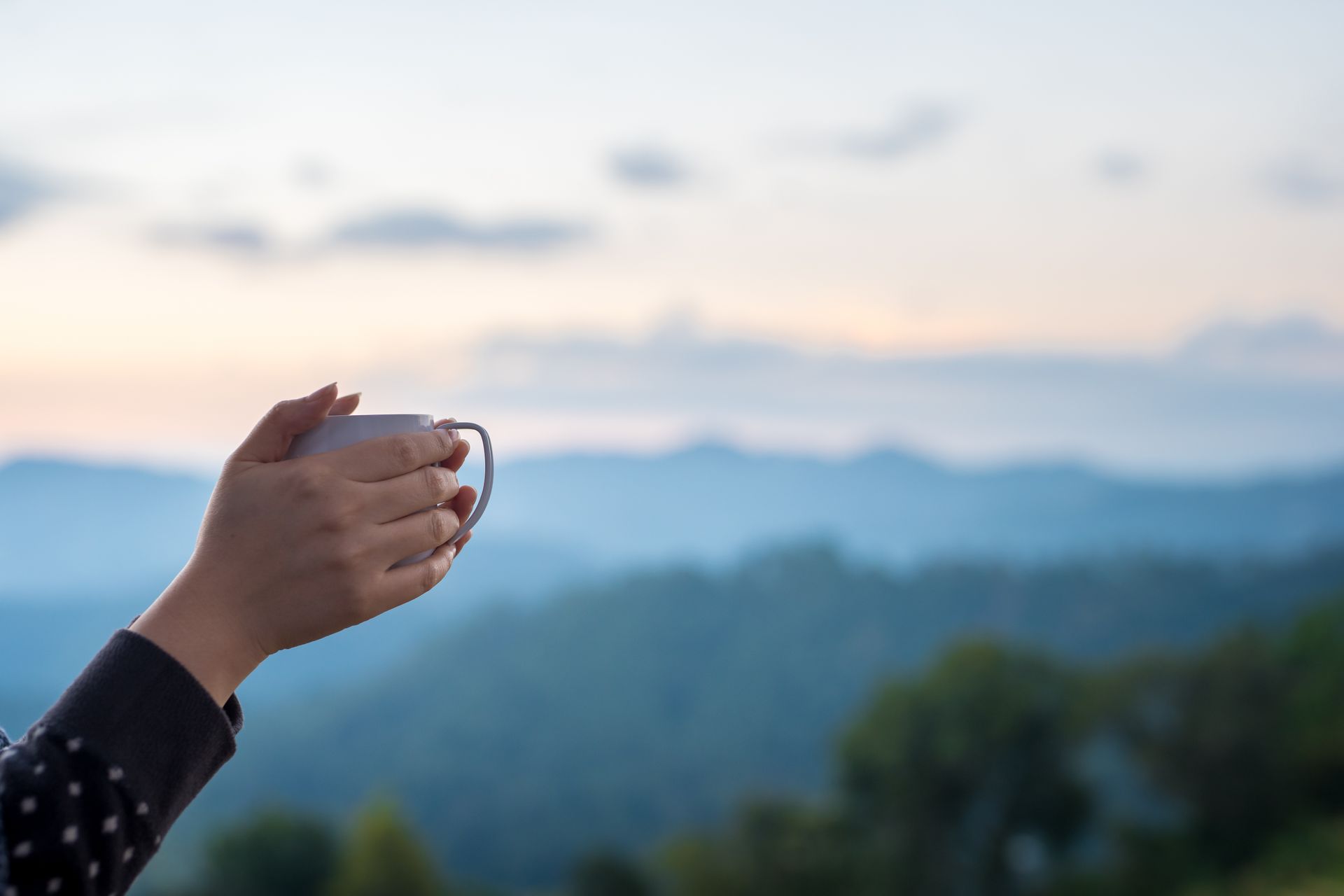
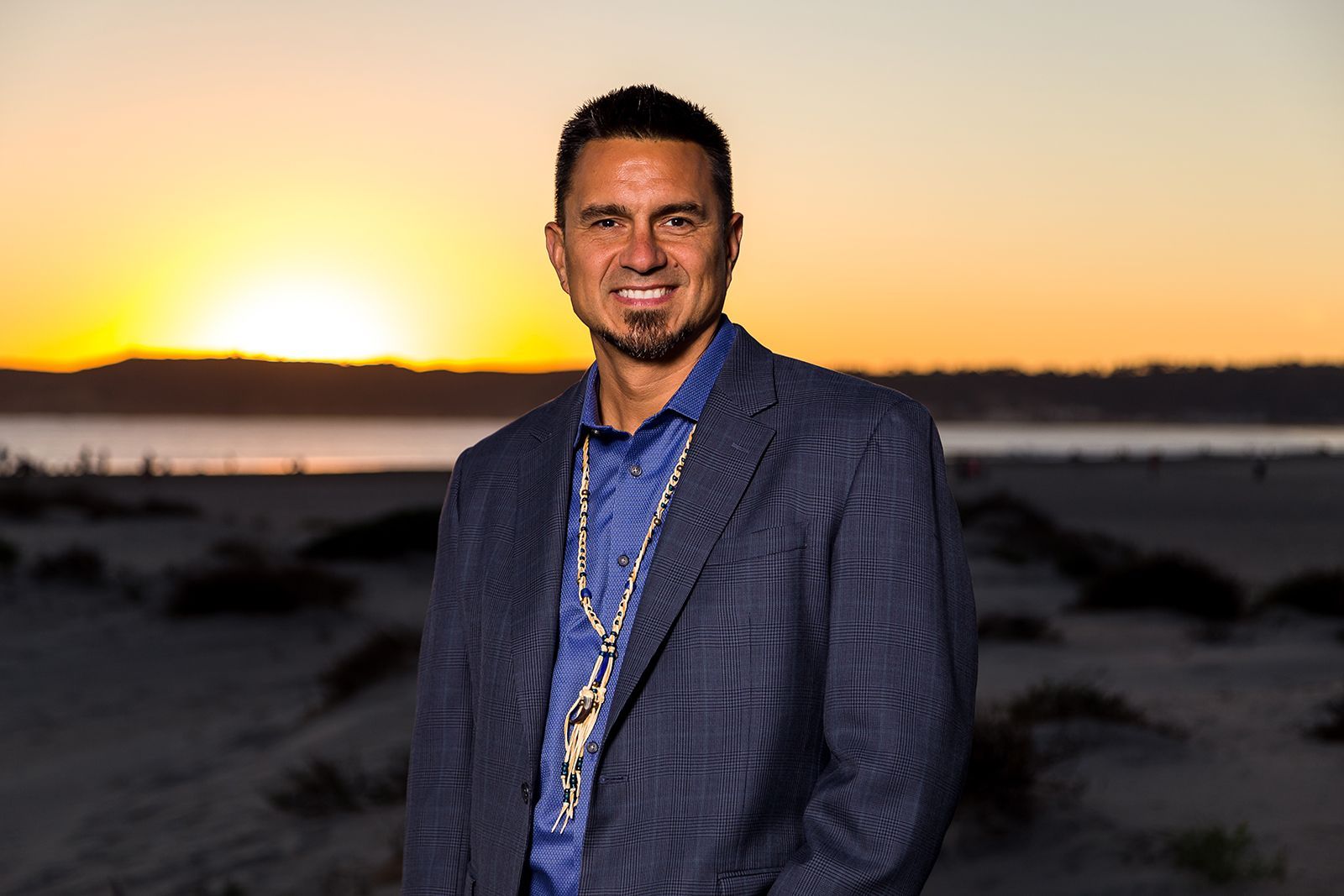

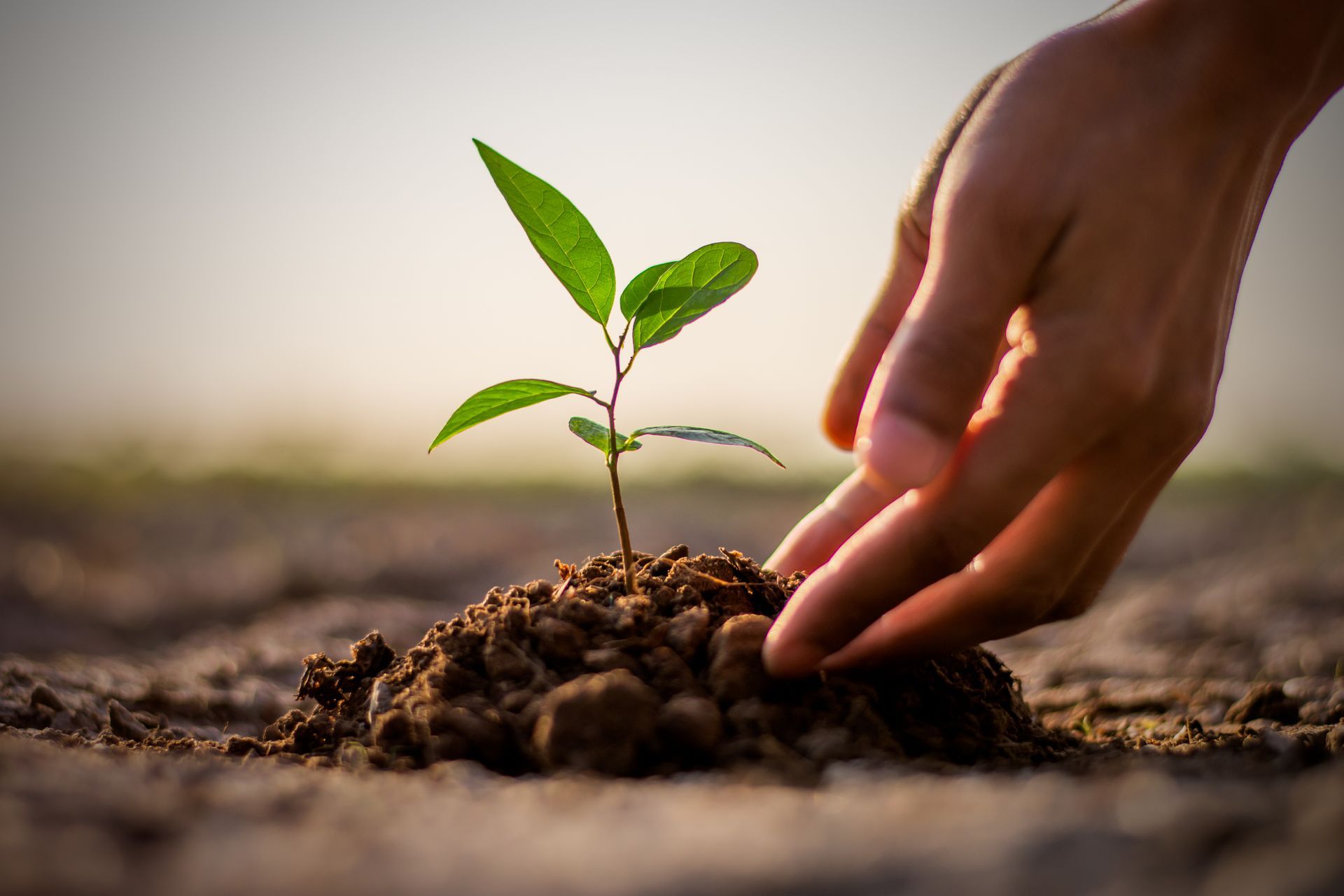
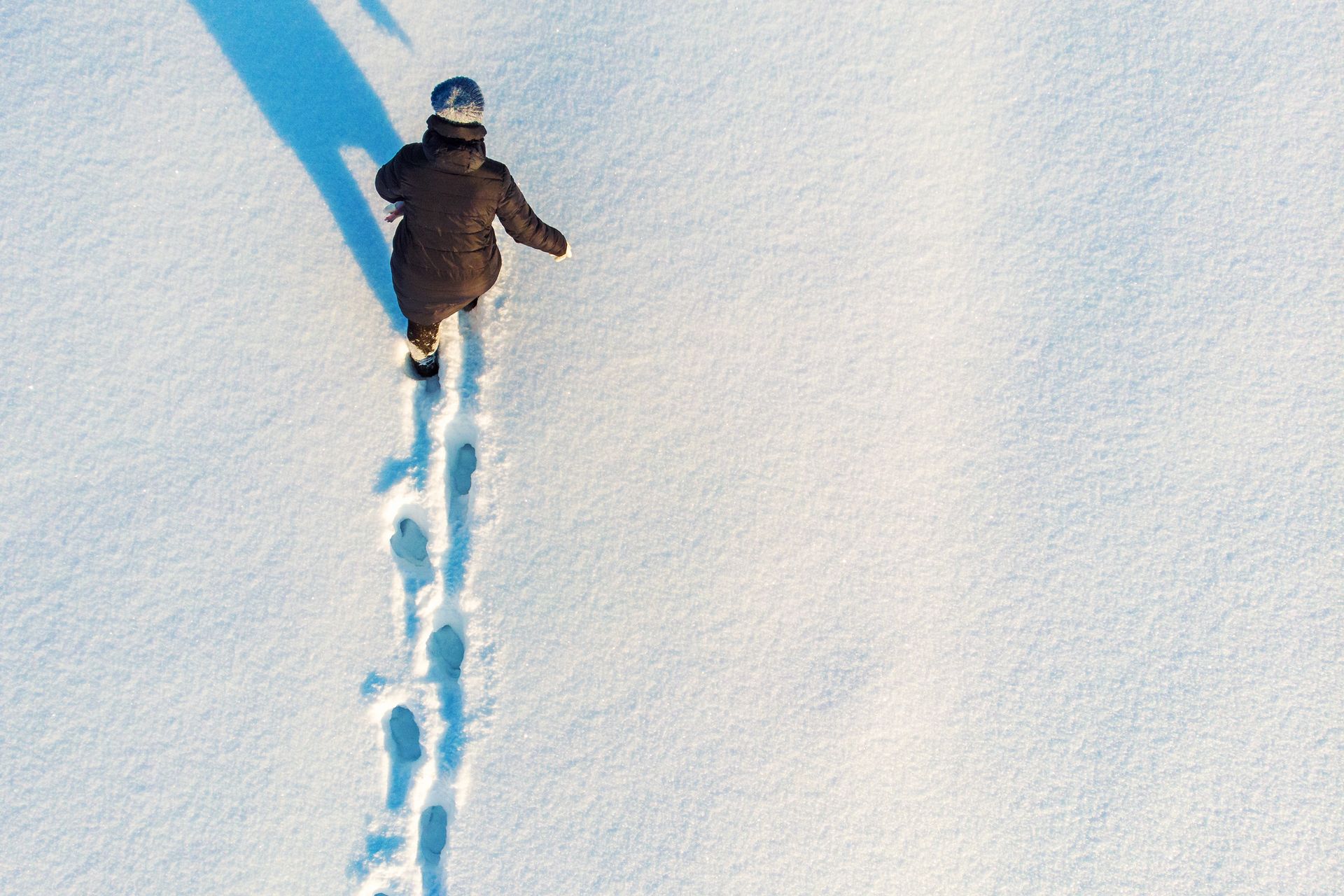
Still Curious?
Be the first to get new content and updates. We won't spam you.
Contact Us
We will get back to you as soon as possible.
Please try again later.

